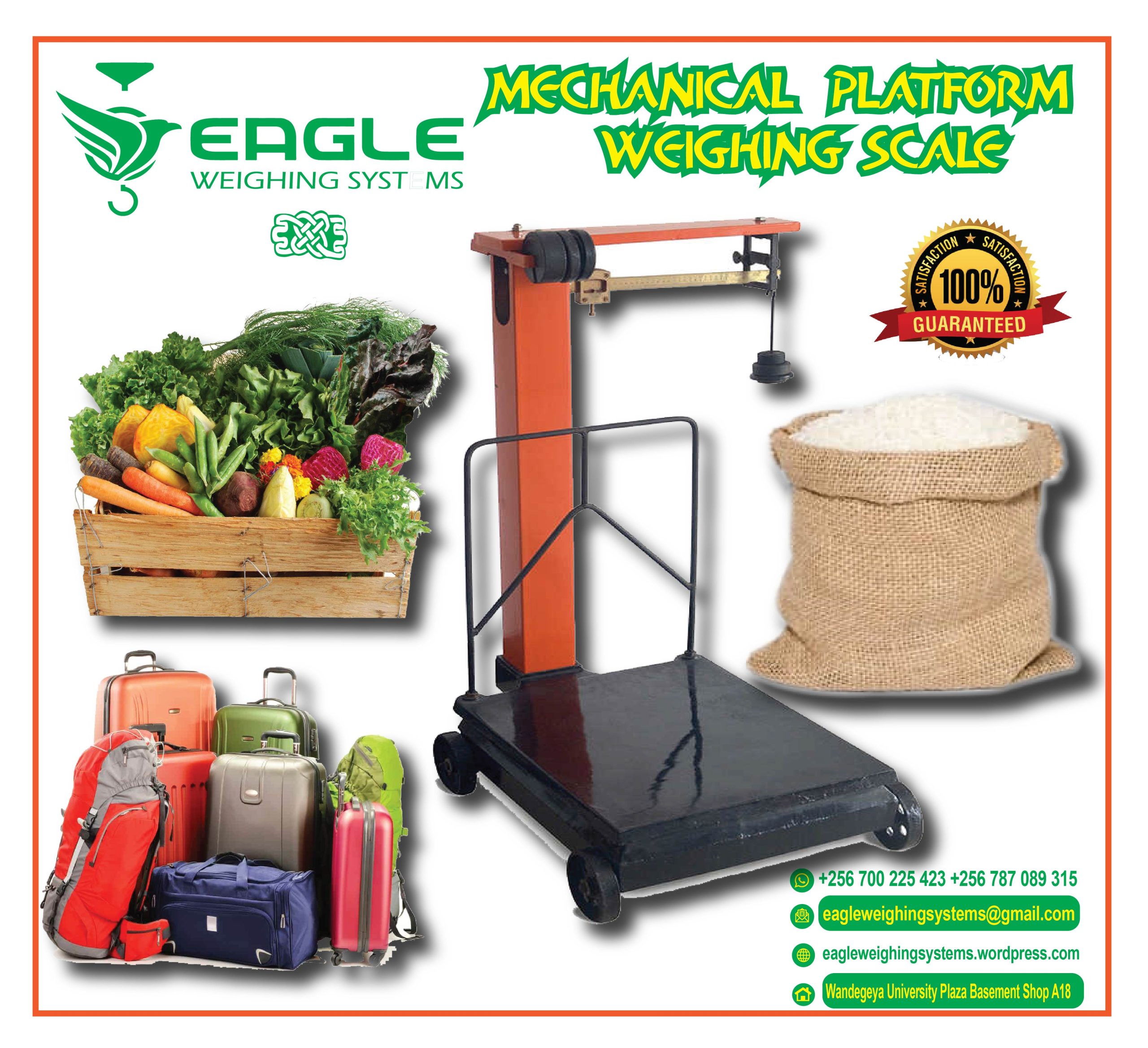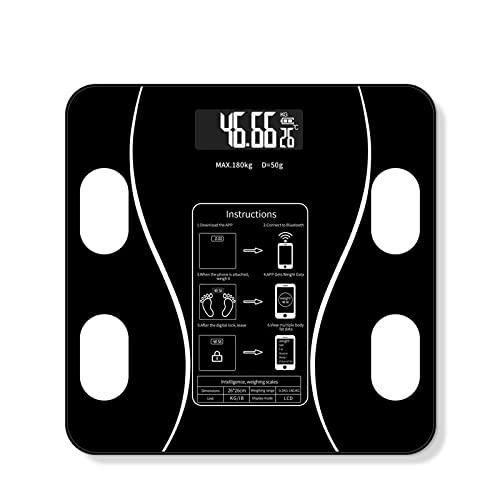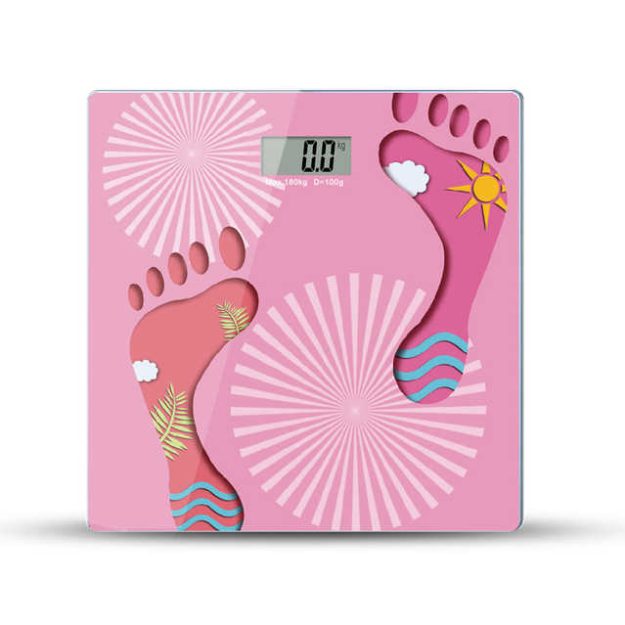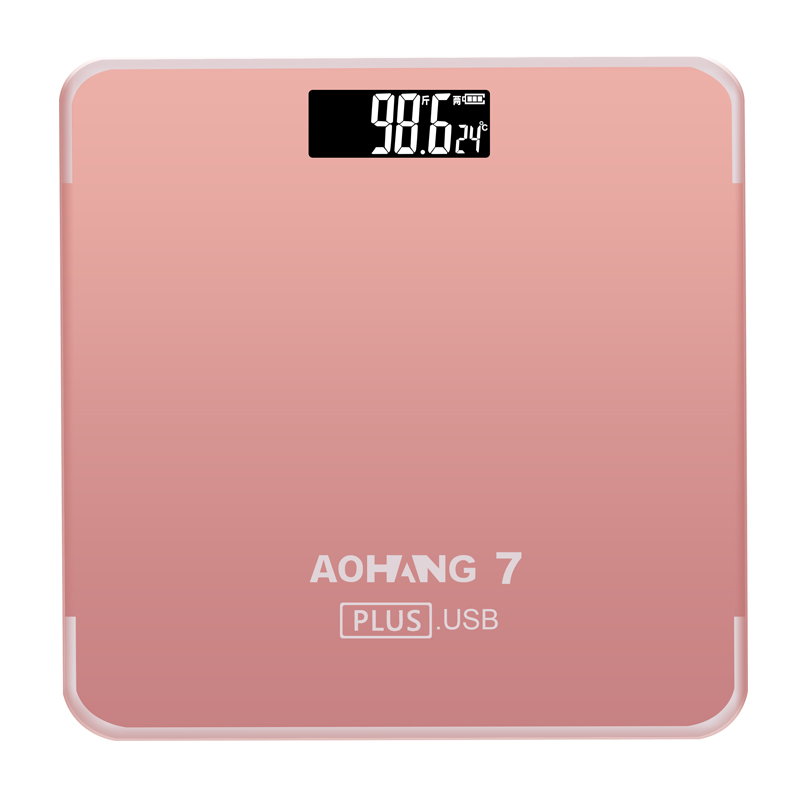The Most Common Three Types of Weighing Scales
Weighing scales are indispensable tools in various industries, homes, and businesses for accurately measuring weight. They come in different types, each suited to specific applications, based on the level of precision and the nature of items being weighed. Below are the three most common types of weighing scales used across different sectors.
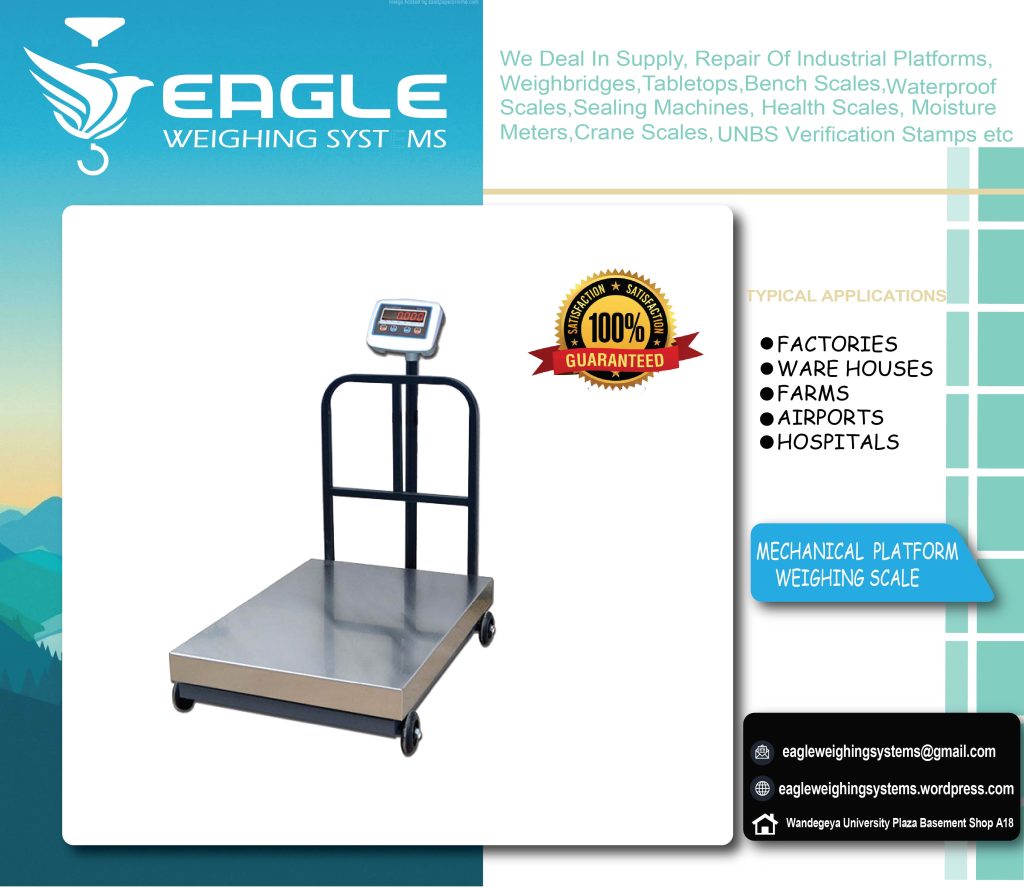
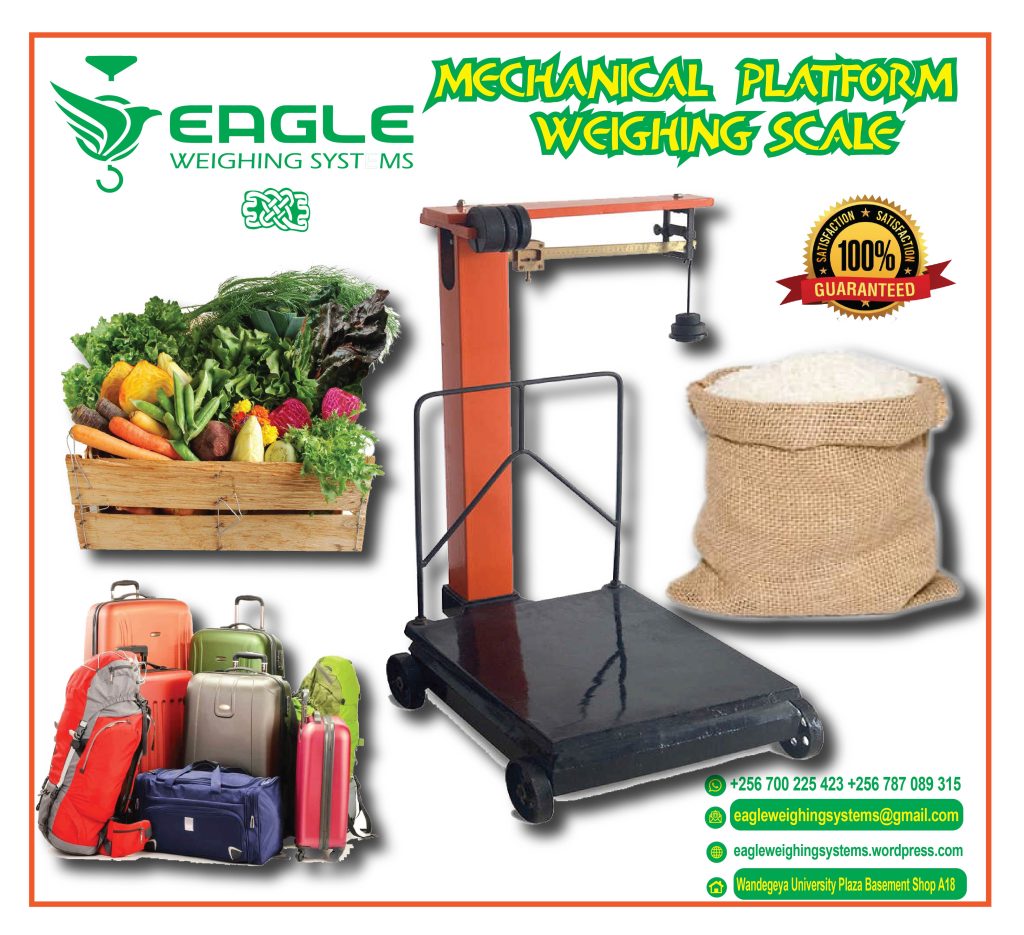

1. Digital Weighing Scales
Digital weighing scales are the most common and widely used type today. These scales use electronic sensors to measure weight and display the results on a digital screen. They are known for their high precision and ease of use, making them popular for both personal and commercial applications.
Features of Digital Weighing Scales:
- Precision: Digital scales can measure even small weight differences with high accuracy, making them ideal for industries requiring precision, such as healthcare, laboratories, and retail.
- User-Friendly Display: The digital screen provides clear and easy-to-read measurements, often offering features like backlighting for better visibility.
- Multiple Functions: Many digital scales come with additional features like the tare function, unit conversions, and data storage, making them versatile for different weighing needs.
- Portability: These scales are generally compact and lightweight, making them easy to transport and use in various locations.
Common Applications:
- Retail: Digital scales are used in grocery stores and markets to weigh products like fruits, vegetables, and packaged goods.
- Healthcare: They are essential in hospitals and clinics for weighing patients, infants, and equipment.
- Laboratories: Precision scales are used for measuring small amounts of chemicals or materials in scientific research.
2. Mechanical Weighing Scales
Mechanical weighing scales, also known as analog scales, are a more traditional type of scale that uses springs or levers to measure weight. They do not require electricity, making them reliable and easy to use in environments where digital scales might not be suitable.
Features of Mechanical Weighing Scales:
- No Need for Power: Since they don’t rely on batteries or electricity, mechanical scales can be used in remote or power-limited areas.
- Durability: These scales are often more durable and less prone to damage from environmental factors, such as moisture or dust.
- Simple Design: Mechanical scales are easy to operate with minimal adjustments needed, making them convenient for quick and straightforward weighing tasks.
Common Applications:
- Household Use: Mechanical bathroom scales are still commonly found in homes, used for personal weight tracking.
- Industrial Settings: Some mechanical platform scales are used in industries for weighing heavy loads, as they can handle larger capacities without the need for electronic parts.
- Agriculture: Farmers often use mechanical scales in rural areas where access to electricity is limited, making them ideal for weighing produce or livestock.
3. Balance Scales
Balance scales, also known as beam scales or balance beams, are one of the oldest types of scales. These scales use a beam with two pans at each end, with one pan holding a known weight and the other holding the item to be measured. The scale balances when the weight of both sides is equal, determining the unknown weight.
Features of Balance Scales:
- Accuracy: Despite their simple design, balance scales can be incredibly accurate, especially when used with precision weights.
- No Electricity Required: Like mechanical scales, balance scales don’t rely on electricity, making them reliable for continuous use in all environments.
- Long Lifespan: Balance scales are often built to last, with fewer moving parts and simple mechanics that make them less susceptible to wear and tear.
Common Applications:
- Laboratories: Precision balance scales are used in scientific laboratories for weighing small quantities of materials with high accuracy.
- Pharmacies: Many pharmacies use balance scales to weigh ingredients for medications, ensuring precise measurements for safety.
- Jewelry Industry: Jewelers use balance scales to measure gold, silver, and gemstones with exceptional precision.
Conclusion
The three most common types of weighing scales — digital, mechanical, and balance scales — each have unique advantages and applications. Digital scales offer the highest level of precision and user-friendly features, making them ideal for everyday use in homes, healthcare, and businesses. Mechanical scales provide reliability and durability, especially in environments where electricity may not be available. Balance scales, despite their ancient design, remain indispensable for highly accurate measurements in scientific, pharmaceutical, and jewelry sectors. Understanding the differences between these types of scales can help you choose the best one for your specific needs.

